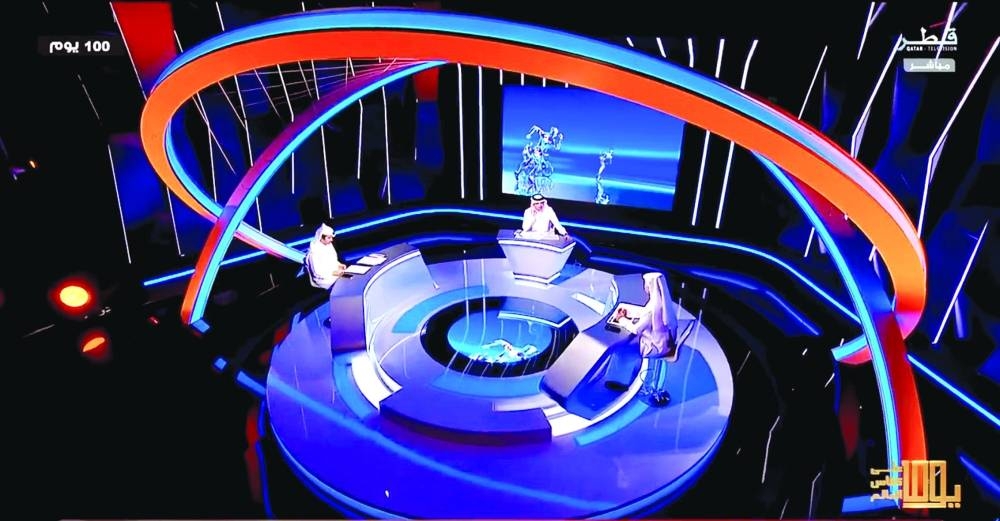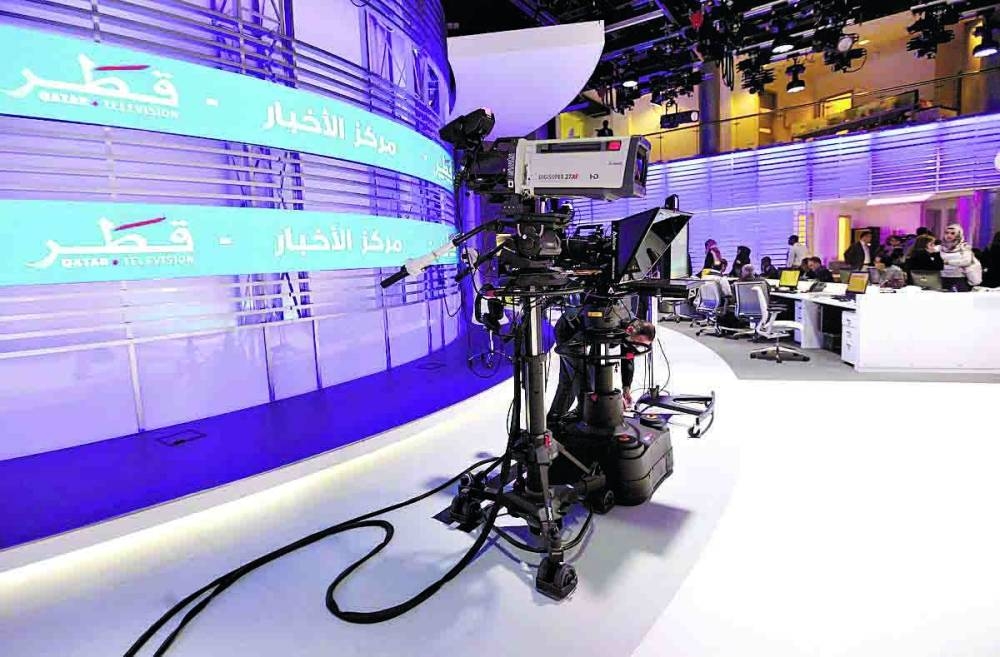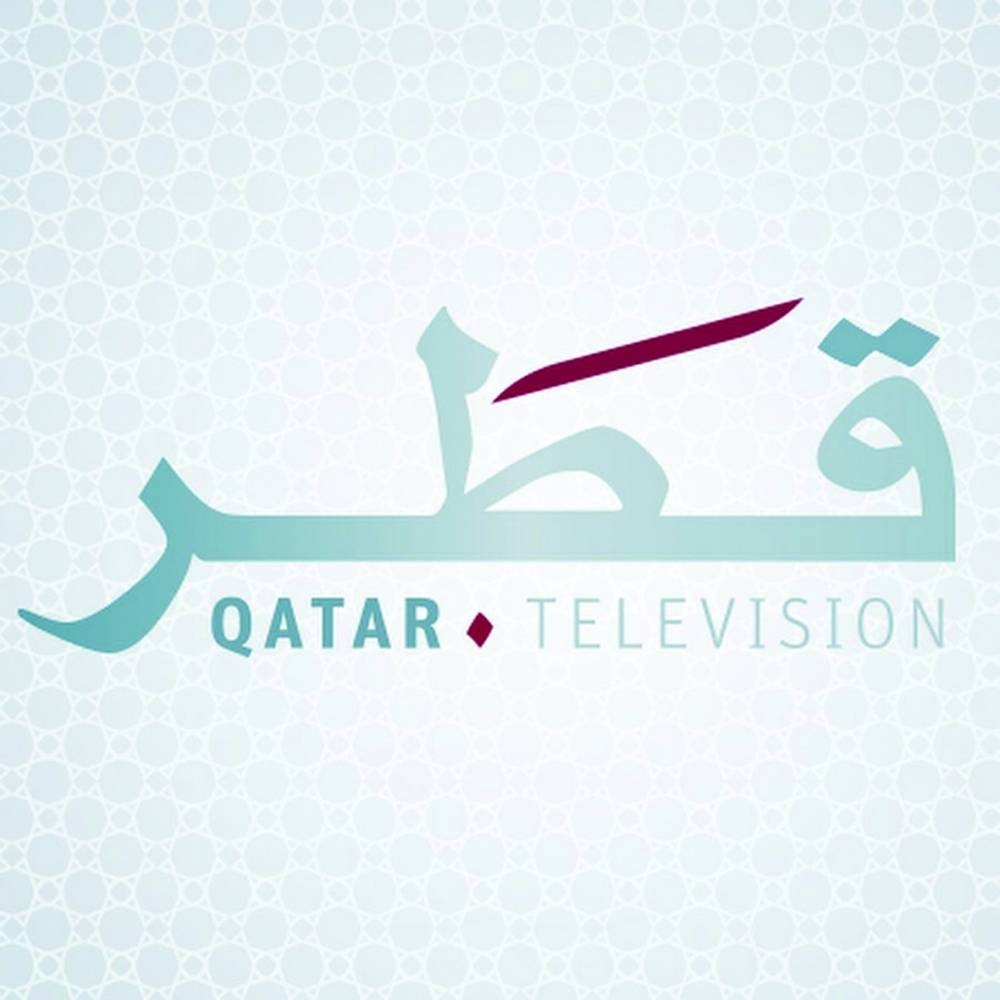Qatar Television is celebrating the 53rd anniversary of the launch of its official broadcast on August 15, 1970, around two years after the launch of Qatar Radio in 1968.
On that day, Qatar TV joined the list of Arabic and international channels to convey an integrated and honest image of Qatar to its viewers, in addition to conveying the aspirations and ambitions of its citizens, their past, present, culture, and the heritage of their ancestors.
The launch of the channel represents a proud memory for every citizen and mediaperson in Qatar. It is also a dear and precious occasion in the hearts of everyone who lives in Qatar.
The launch of Qatar TV came with the increasing importance of the media in disseminating information and its emergence as a means to connect societies with the coverage of various events, and sharing developments in all parts around the globe.
Since that day, 52 years ago, Qatar TV has become a permanent guest in every home across the country through its news bulletins and political, economic, religious, cultural, sport, scientific and medical programmes, in addition to films that made Qatar TV a leading and distinguished channel in the region.
Through its various programs and events, Qatar TV has contributed to promoting loyalty as well as preserving Arab and Islamic identity and the social and cultural values of Qatari society. Qatar TV also formed a station for media and journalism students who wish to enter the field of broadcasting and provide them with experiences and training that increase their professional competencies.
In 1970 Qatar TV began its broadcast in black and white, while the first colour broadcast was made in 1974.
In 1982, Qatar TV launched Channel 37 in English, through which American and Indian series as well as documentary and comedy programmes were broadcasted.
Qatar TV's channel 37 stopped broadcasting on July 27, 2014. In 1981, Studio 4 was opened on Qatar TV which was closed after 20 years and became part of the beIN Sports building.
In 1998, satellite transmission for Qatar TV channel 1 started through Arabsat, Nilesat, and Hotbird satellites.
Qatar TV, like other national media, has received the full sponsorship of His Highness the Amir Sheikh Tamim bin Hamad al-Thani and Qatar Media Corporation officials, to carry out its mission efficiently.
Qatar TV went through many phases of development. The first development was in 2001, when the shape of the television changed in terms of the logo, programme pattern, breaks and advertisements, to keep pace with the satellite broadcast. It started producing historical dramas annually during the month of Ramadan, such as the series Omar. In mid-2011, the establishment of a new studio for programmes near the TV building was announced, and the first programme to broadcast from it before its official opening was the Al Liwan competition in 2011 during the month of Ramadan, after which work was stopped until it was fully equipped and officially opened and was handed over to the television support and development committee.
In 2011, a comprehensive new development of Qatar TV was announced under the auspices of the television support and development committee, chaired by Talal al-Attiyah. Accordingly, a new building for Qatar TV was constructed adjacent to the programme studio, and it was equipped with the latest broadcasting equipment.
Qatar TV is one of the first Arab channels to fully install modern equipment. Another studio has been built within the new building, allocated to broadcasting news bulletins.
Qatar TV was relaunched on Dec. 16, 2012, with the channel's third and new logo, graphics, content, and with new faces behind the screen. Qatar TV now broadcasted using a FULL HD 1080i system, making it the first Gulf and Arab channel to utilise this technology, without encryption.
The channel continues to strive in keeping up with the latest updates and innovations in the domain, to ensure the Arab viewer the best and most creative content.
The Qatar Media Corporation is keen on keeping the channel true to its message, to its viewers, and to excellence, where it is under continuous development and modernisation.
Television has become a symbol of the advancement of communications and globalization across the contemporary world. TV viewers are increasing day by day, an indication of the importance of this media and its role in directing and shaping public opinion and raising awareness of important issues and various challenges facing our societies and our planet.



